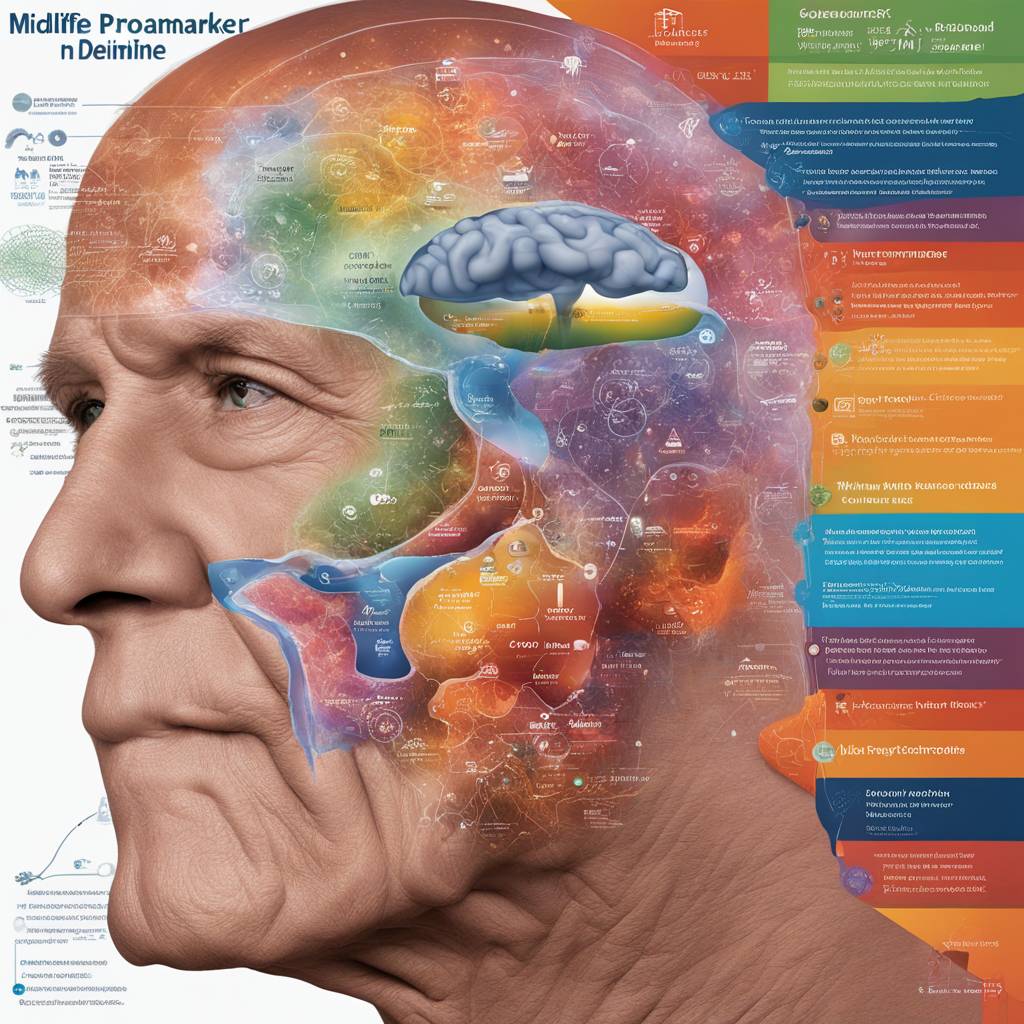Researchers suggest that cognitive functioning in midlife, ages 40 to 65, can provide insights into brain health later in life. They emphasize the importance of adopting healthy lifestyle habits such as not smoking, regular exercise, proper nutrition, and social engagement to improve brain health. Keeping the cardiorespiratory system healthy is also essential to promote brain health and cognitive function in midlife. The brain undergoes significant changes during this period, including molecular, cellular, and structural changes associated with cognitive decline, which may accelerate during midlife.
During midlife, there can be changes in the volume of structures within the brain, such as the hippocampus responsible for memory and learning. Researchers suggest that individual changes in brain health during midlife could explain why cognitive aging varies from person to person. They emphasize the need for more research to focus on this understudied period in people’s lives to better understand cognitive function and health in midlife, and to potentially screen for risks of future cognitive decline. Early detection and treatment of diseases such as dementia could be more effective with a better understanding of brain health in midlife.
Lifestyle factors such as tobacco smoking, alcohol consumption, and diet have been associated with brain aging. Evidence suggests that changes in other parts of the body during midlife, such as gait, reaction time, memory, white matter integrity, and neuroinflammation, can accelerate and may be tied to cognitive function in later years. Researchers recommend exploring changes in brain health in midlife to promote screening for risks of cognitive decline and potentially allow for earlier detection and treatment of conditions like dementia. Lifestyle interventions and public health initiatives aimed at promoting optimal brain health can be developed based on research in this area.
Physical exercise during middle age has been found to slow the shrinking of the hippocampus and improve white matter connections in the brain. Running exercise, in particular, is beneficial for brain plasticity and memory function. While some studies have found mixed results concerning the effects of exercise on cognitive function in adults, a physically active lifestyle is still promoted for its many beneficial effects on overall health. Future research with standardized designs may confirm the positive impact of exercise on brain health and cognitive function.
Midlife offers the opportunity for proactive primary prevention of cognitive decline, although there is no universally accepted biomarker to stratify the risk of dementia in fully cognitively intact middle-aged individuals. The biological aging of organs in the body can influence the aging rate of other organs, including the brain. Maintaining a healthy cardiorespiratory system through physical activity, limiting alcohol intake, and a healthy diet rich in fiber, omega-3 fatty acids, and phytochemicals is crucial for healthy brain aging. Staying cognitively and socially active, and finding a sense of purpose in life, such as through work, volunteering, spiritual engagement, or creative activities, can also promote positive brain health outcomes in midlife and beyond.


